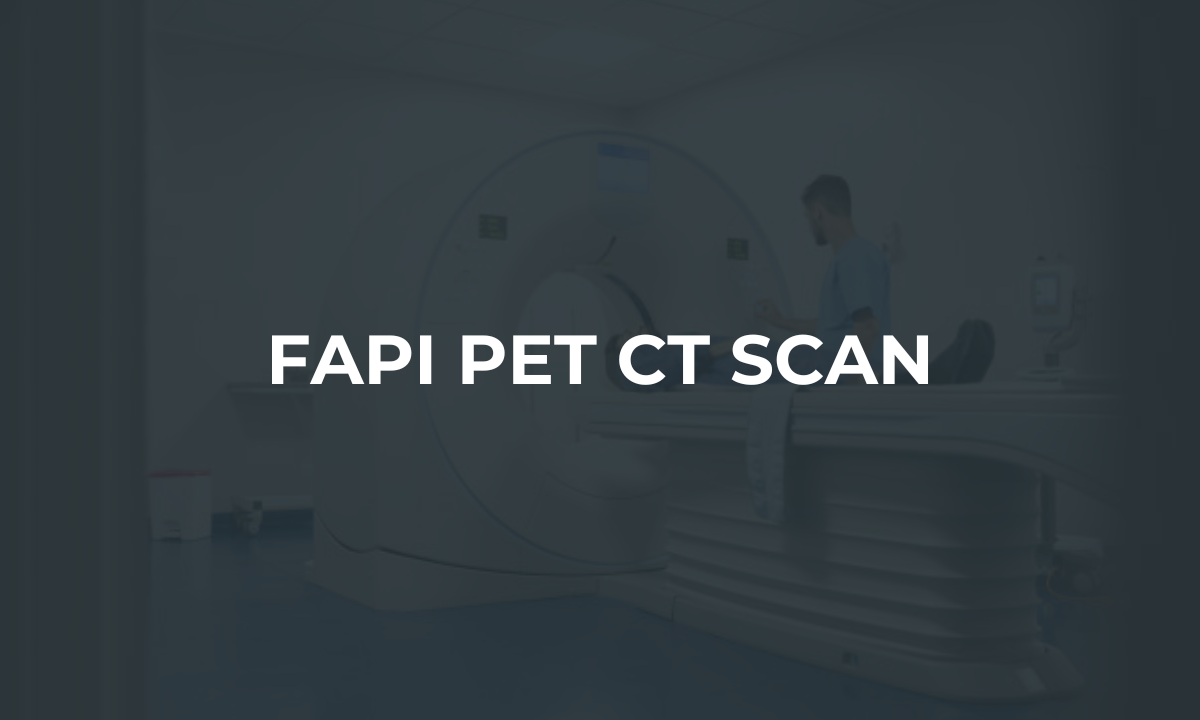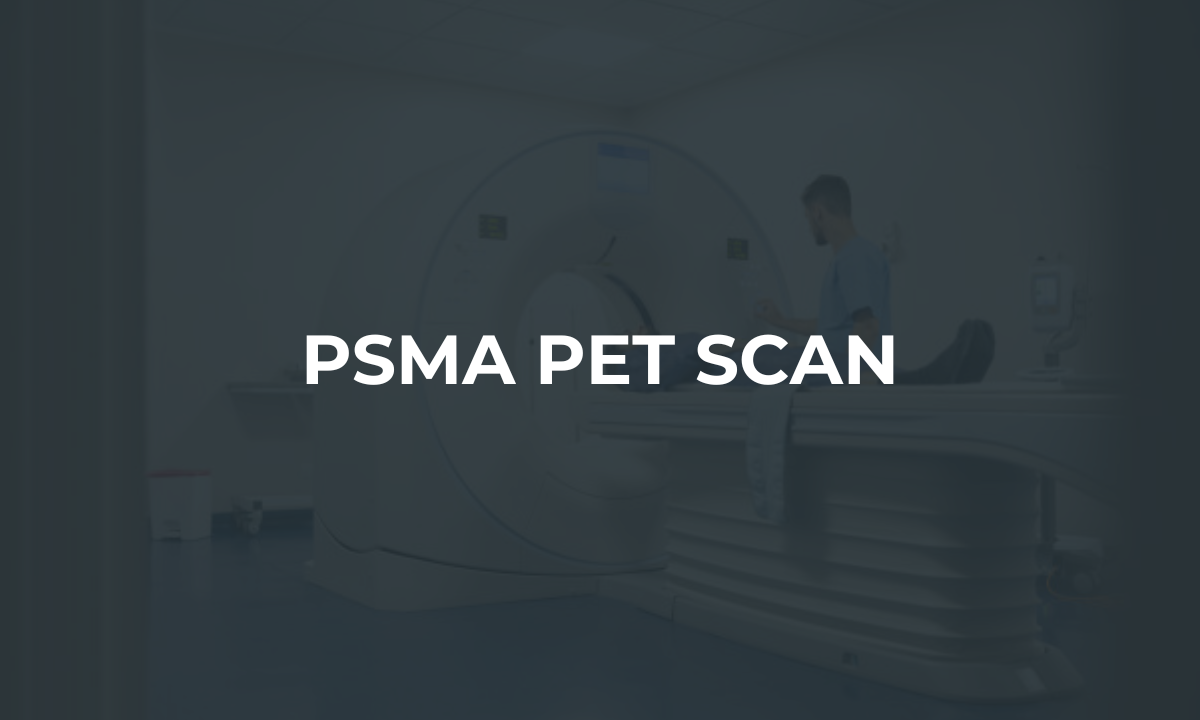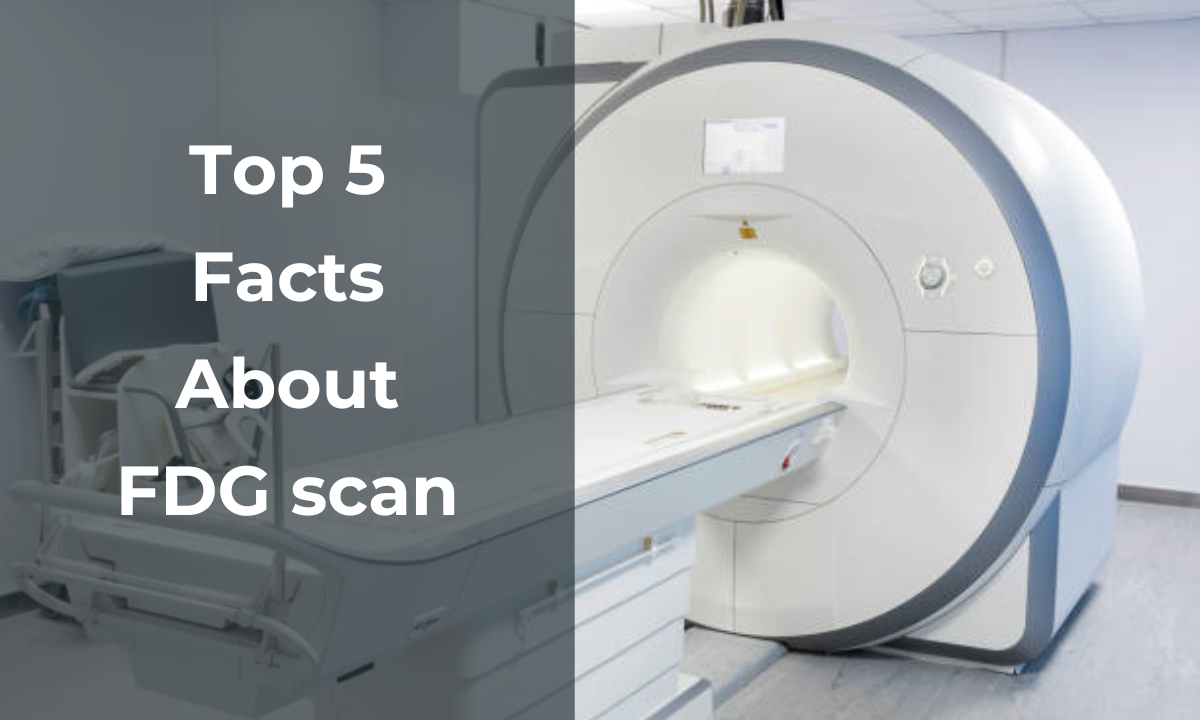Breast cancer is among the most frequent forms of cancer in women across the world and early detection and precise diagnosis are critical in establishing treatment strategy and overall prognosis. PET scans for breast cancer have developed as a helpful tool in the management of treatment, in addition to other established imaging modalities such as mammography and ultrasound. The importance of PET scans for breast cancer detection, staging, and treatment strategy will be discussed in this blog article.
What is a PET Scan?
Positron emission tomography (PET) is a medical imaging technique that visualises and measures changes in metabolic processes and other physiological activities such as blood circulation, regional chemical structure, and absorption using radioactive chemicals known as radiotracers.
In order to perform a PET scan, the patient must receive a small injection of a radioactive tracer. The tracer piles up in zones that have elevated metabolic rates, such as cancer cells, and generates signals that a PET scanner will recognise. This imaging approach gives functional information on cellular activity and can detect cancer cells early on.
Understanding Pet Scan And Its Working
Here’s a quick rundown on how a PET scan works:
A small quantity of tracer, which is a radioactive material, is infused into the patient’s vein. The tracer is usually a type of glucose or another molecule that is more favourably or selectively absorbed by certain tissues or organs in the human anatomy.
This tracer is absorbed by selective or specific organs or tissues as it passes through the circulation. For instance, in the case of a PET scan for breast cancer, the tracer may accumulate in breast tumour cells. The tracer further produces positrons, which are positively charged particles that come into contact with electrons in the body to generate gamma rays.
These gamma rays are detected by specific sensors, and the data is converted into precise images by a computer. These pictures depict the tracer’s distribution and give information on the operation and metabolism of the organs or tissues under examination.
PET scans are frequently used to diagnose and monitor illnesses such as cancer, heart disease, and neurological problems. They are safe and give vital insights into the processes of the body, assisting clinicians in making accurate diagnoses and treatments.
How Accurate Is PET Scan For Breast Cancer?
PET Scans for breast cancer detection, assess and evaluate the condition with proficient accuracy. The diagnostic value of a PET scan, however, might vary based on a number of parameters, including the size and position of the tumour, the subtype of breast cancer, and the specific imaging approaches utilised.
PET scans for breast cancer have been empirically shown in studies to identify tumours with a degree of sensitivity ranging from 80% to 95%. This suggests that PET scans are capable of identifying evidence of breast cancer in a substantial proportion of cases. PET scans are very useful for identifying larger cancers and metastatic lesions.
A specificity ranging from around 80% to 90% has been demonstrated by PET scans for breast cancer. (The capability of the PET scan to effectively detect areas that are not impacted by breast cancer is referred to as specificity.)
To discuss the relevancy and understanding of PET scan findings in regard to the context of your situation, consult with your certified healthcare practitioner who specialises in breast imaging and interpretation. Based on your specific situation, they will be able to give you more extensive information and recommendations.
How Is PET Scan Test Performed?
A PET scan (Positron Emission Tomography) is carried out as follows:
Preparation: Prior to the scan, you might be asked to fast for a few hours, often 4-6 hours. This is done to assure reliable findings, as food consumption might interfere with the assessment. You may also be requested to refrain from engaging in severe physical activity prior to the test.
The Radiotracer Injection: A radioactive tracer, [commonly a kind of glucose known as FDG (Fluorodeoxyglucose)] is introduced into your vein. This tracer is labelled with a radioactive chemical that produces positrons, which the PET scanner detects. After the tracer injection, you will relax for 30-60 minutes to enable the tracer to disperse throughout your body. It is recommended to remain calm and composed throughout this period.
The Scanning Procedure: Scanning will take place on a movable table that will slide into the PET scanner. The scanner resembles a giant doughnut with many rings. It recognises the positrons released by your body’s radioactive tracer.
Image Acquisition: As the table passes through the scanner, the tool identifies the tracer’s signals and generates comprehensive images of your body’s metabolic activities. The pictures are recreated and shown for study using computer software.
Data Interpretation: The images acquired by the PET scanner will be interpreted by a skilled radiologist or nuclear medicine specialist. They will examine the metabolic activity in various parts of your body and look for any irregularities or areas of concern.
The entire PET scan process, including the preparation and scanning time, generally lasts around 60 minutes or sometimes up to 120 minutes (i.e. 1 to 2 hours). It is essential that you follow the directions provided to you by your healthcare practitioner both before and after the scan. You can return to your usual routine after the procedure unless otherwise instructed.
Conclusion
The diagnosis, staging, and treatment of breast cancer have been completely revolutionised since the invention of technologies like PET scanners. Their capacity to detect initial tumours, evaluate metastatic spread, assess the impact of treatment, and detect relapse makes them a useful tool in breast cancer patient care.
By incorporating PET scans for breast cancer into the diagnostic and treatment protocols, healthcare providers can offer personalized care, and better outcomes, and ultimately save lives in the battle against breast cancer.You can contact Kiran PET-CT Scan Centre, one of the best diagnostic centres in Bangalore for immediate care and assistance in any type of scanning procedure.






